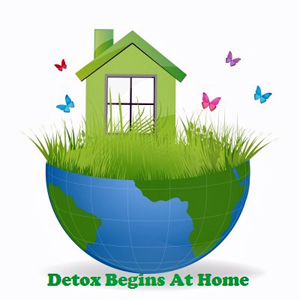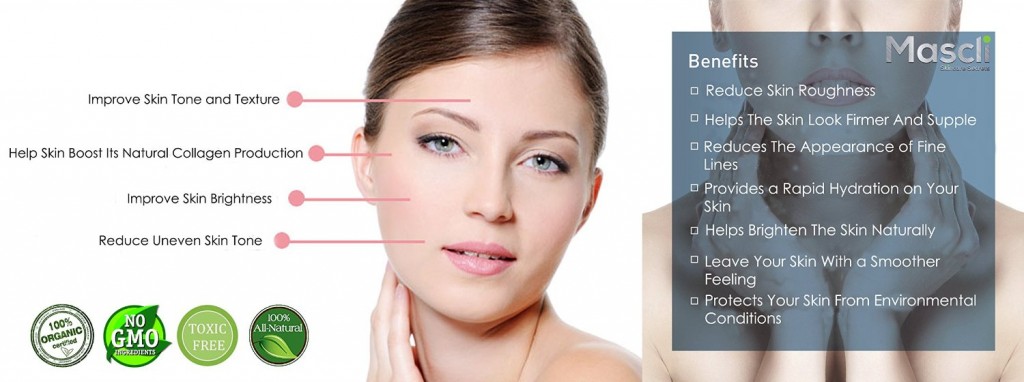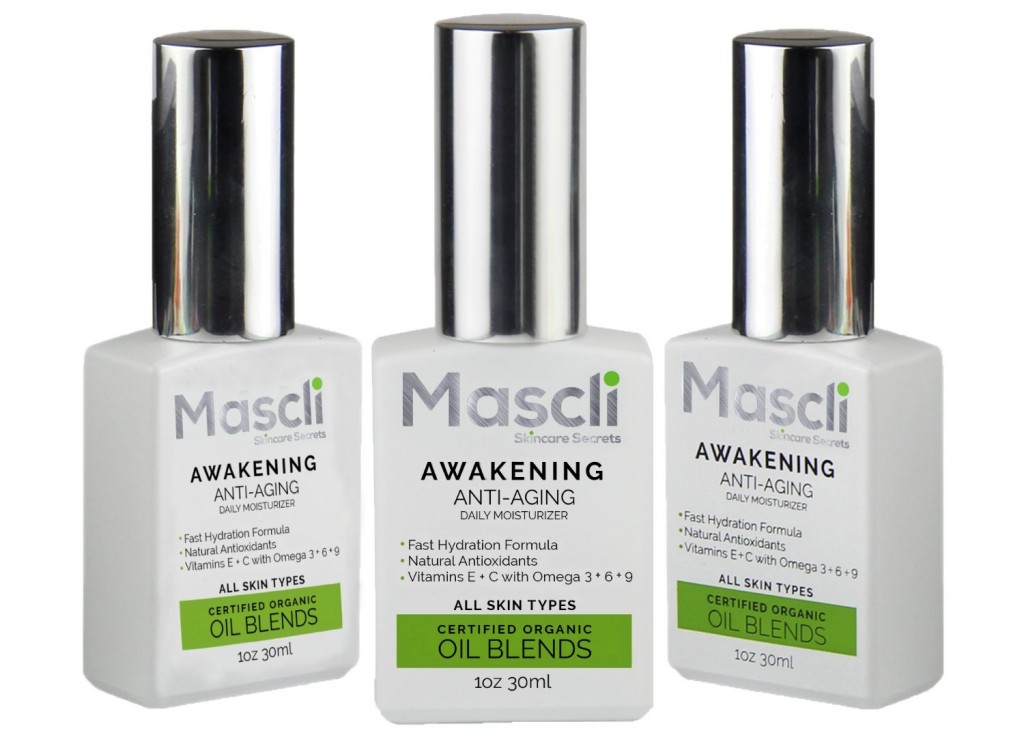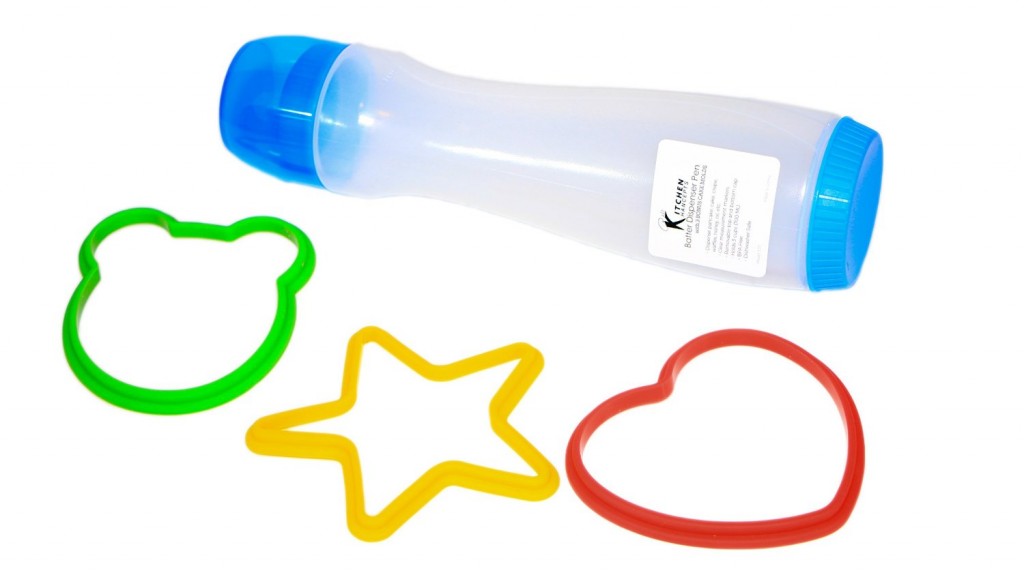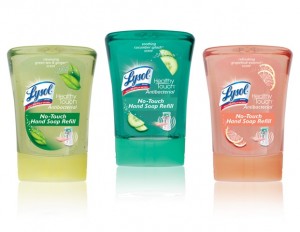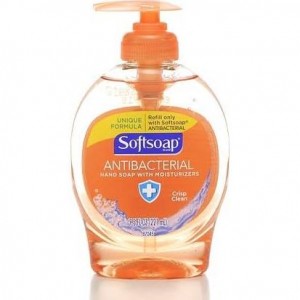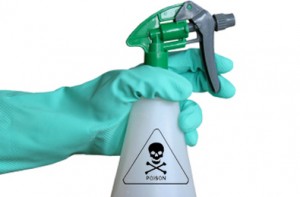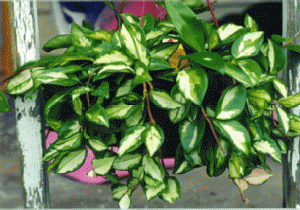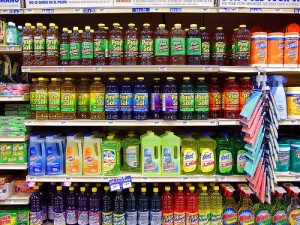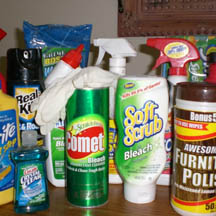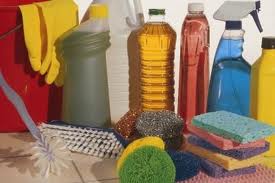
Wrong!!! Most people equate suds, lather or foam in products like shampoo with increased efficiency at getting your hair squeaky clean. What they don’t know is that the ingredients used to create the foam and lather in most shampoos are toxic, harmful chemicals. Cosmetic and personal care products are among the least regulated products in most countries. These products contain many untested ingredients that are just deemed safe by consumers because…well, because it is sold on the shelves of their local store. There is no skull and cross bones on that bottle of baby shampoo you are plucking off the shelf and loading in your cart, it probably is from a long time manufacturer that you may trust because your parents used that brand on you. The thing you are not realizing is that the shampoo you are bringing home to use on your hair and scalp, and that of your kids probably contains chemicals that are toxic, cancer causing and definitely NOT SAFE!
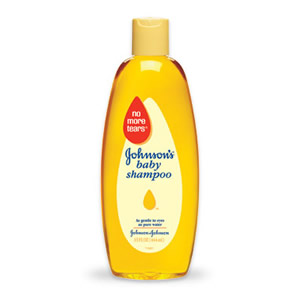
Shampoos are designed to cleanse our hair and scalp, they are necessary in practicing good hygiene Do you know what’s in most shampoos? Well, in most shampoos you will find preservatives, foaming agents and boosters, modifiers, colorants, and fragrance.
Let’s take a closer look at these ingredients.
Going back to the title of this post, did you know that shampoos do not need foam to work. However, over time the average consumer has come to equate foaming power with superior cleansing. The most popular foaming agent is Sodium Lauryl Sulphate (SLS) and you can find it in about 90% of shampoos on the market. Sodium Laureth Sulphate (SLES) is found in about 20% of shampoos and is a lather enhancer. Sodium Lauryl Sulphate is a potent detergent and degreaser, so efficient that it is used to degrease engines and clean airport runways! These added toxins are absorbed through the skin and remain detectable in the human body for up to 5 days after use! Sodium Lauryl Sulphate is more than stinging to your eyes, it poses a real danger and can accumulate in your eye and be a cause of cataracts. It is one of the know carcinogens to humans and it accelerates allergic reactions to other agents and accumulates in the heart, liver, lungs and brain. A couple of less common foaming agents are Ammonium Lauryl Sulphate and Sodium Myreth Sulphate which are found mostly in shampoo for dry or damaged hair or in clear shampoos.

Now if foaming agents were not enough, there are foam boosters added to shampoos. Foam boosters that are toxic are cocamide monethanolamine (MEA), diethanolamine (DEA) or triethanolamine (TEA). Cocamide DEA is very toxic and is a known cause of kidney and liver damage and cancer in animals, it is considered to pose a serious health risk and a possible carcinogen to humans. Because the use of these chemicals is so widespread it is of great concern as so many are exposed on a daily basis and many are not even aware.
Now if you see the stock piles of the extreme coupon hauls, you will know that most shampoos have a huge shelf life and for this shelf life they are chock full of preservatives. One or two preservatives are needed for the water soluble ingredients of shampoo and others preservatives are necessary for the oil soluble ingredients. These preservatives are toxic and totally unnatural which makes them very good preservatives. A toxic paraben family of chemicals are one of the popular choices manufacturers choose and combine with methylchloroisothiazolinone and methylisothiazoline (MIT). MIT has been shown to cause neurological damage in rats and is a powerful irritant and allergen. There is much concern that using products with these toxins by pregnant women can adversely affect fetal brain development and may be a contributing factor in the development of Alzheimer’s disease.
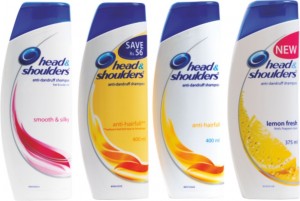
Formaldehyde DMDM hydantoin, diazolidinyl urea and imidazolidinyl urea are all preservatives that manufacturers use to preserve the water soluble component of shampoo. All of these preservatives release formaldehyde. Formaldehyde is a powerful skin, eye and lung irritant with as many as 1 in 5 people exposed to a product containing formaldehyde experiencing an allergic reaction and for this has been banned in Sweden and Japan. Formaldehyde is toxic and exposure is known to cause joint pain, depression, headaches, chest pain, ear infections, chronic fatigue, dizziness, insomnia and cancer in both animals and humans. Additional concern is that exposure to formaldehyde can cause DNA damage to sperm.
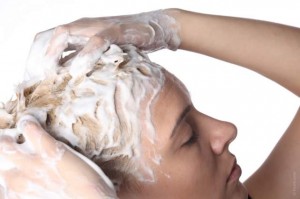
Are you wanting to run to your shower right now and check your products? I bet, but wait because there’s more you need to know before you do that. There are modifiers in shampoos like smoothing agents that are related to glycerol propylene glycol that are common and closely chemically related to antifreeze and no surprise are highly irritant and toxic. Some of the adverse effects associated with propylene glycol are a multitude of skin disorders such as dry skin, dermatitis and various rashes, as well kidney and liver abnormalities and cell membrane damage have been attributed to this toxin. Synthetic silicone polymers and various oils are also added to facilitate the smoothing of the cuticle of the hair shaft as well as thickners like xanthan gum and glycol stearate an emulsifier.
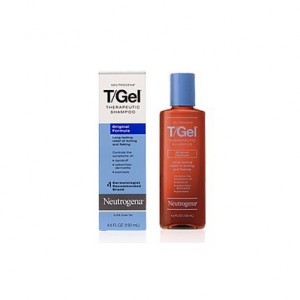
There are several toxic colorants that are added to shampoo. Colorants derived from coal tar are often added to shampoo especially for conditions like dandruff and psoriasis that are know to cause allergic reactions and cancer in animals. Various thickeners and opacifiers may be added to alter the consistency, appearance and quality of shampoo.
Oh that smell! As many as 4000 individual artificial and natural ingredients can be added to create fragrance in shampoo. A study by the US Institute of Occupational Safety and Health found over 20 years ago that 1/3 of these fragrances are toxic and affect the central nervous system causing ADD/ADHD, depression, irritability and an inability to cope as well as rashes, skin discoloration, headaches, dizziness, coughing and vomiting. The US Environmental Protection Agency also performed a study over 20 years ago and found all perfumes contained a toxin called Toluene which is know to be toxic to the developing fetus, and cause liver, kidney and brain damage. Phthalates are also added to shampoos as a fragrance enhancer or solvent and these are extremely powerful toxic endocrine and metabolic disruptors that can be found in blood, urine and especially breast milk!
There are also ingredients in shampoo that are considered contaminants and are not required to be listed on the label, thus proving what you can’t see can still hurt you! Harsh detergent can be treated with ethylene oxide to produce a mild detergent action very inexpensively, however the by-product of this is 1,4 dioxane. One study found that 1,4 dioxane is found in over half of all body care products on the market and is of great concern since it is closely related to dioxin which is the most toxic chemical known. 1,4 dioxine is known to penetrate the skin, irritate the eyes and respiratory tract, and suspected to be toxic t the central nervous system, liver, kidneys, reproductive organs and breasts, know to cause cancer in animals and a suspected carcinogen to humans.
Back to the foam again, the foam booster cocamide DEA is know to react with nitrosating agents (from the nitrite preservatives or breakdown of other ingredients or air exposure) to form nitrosodiethanolamine (NDEA). Studies have found toxic nitrosamines in over 50% of body care products tested. These nitrosamines are potent carcinogens which penetrate the skin.
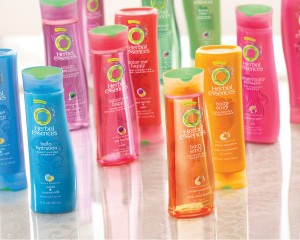
Okay, so what do you do? You need to read labels, buy safe, natural products, educate yourself and others on the dangers lining our store shelves. Next time you see someone proud of a coupon haul or stock pile of toxic products such as the shampoos we just discussed, take them aside and explain even for free the cost is too great. Then you can help them haul that stock pile of toxic shampoo to the toxic dump along with everything you have unloaded from your bathroom.
Oh and if you think you can’t afford natural and safe products, that they are just too expensive, well the truth is they are priceless but I know it would blow you away to know that you could get them for less than the toxic products you were buying. Want to learn how, just ask us. Fill out our contact form and we will get you the information you can’t afford to be without!
